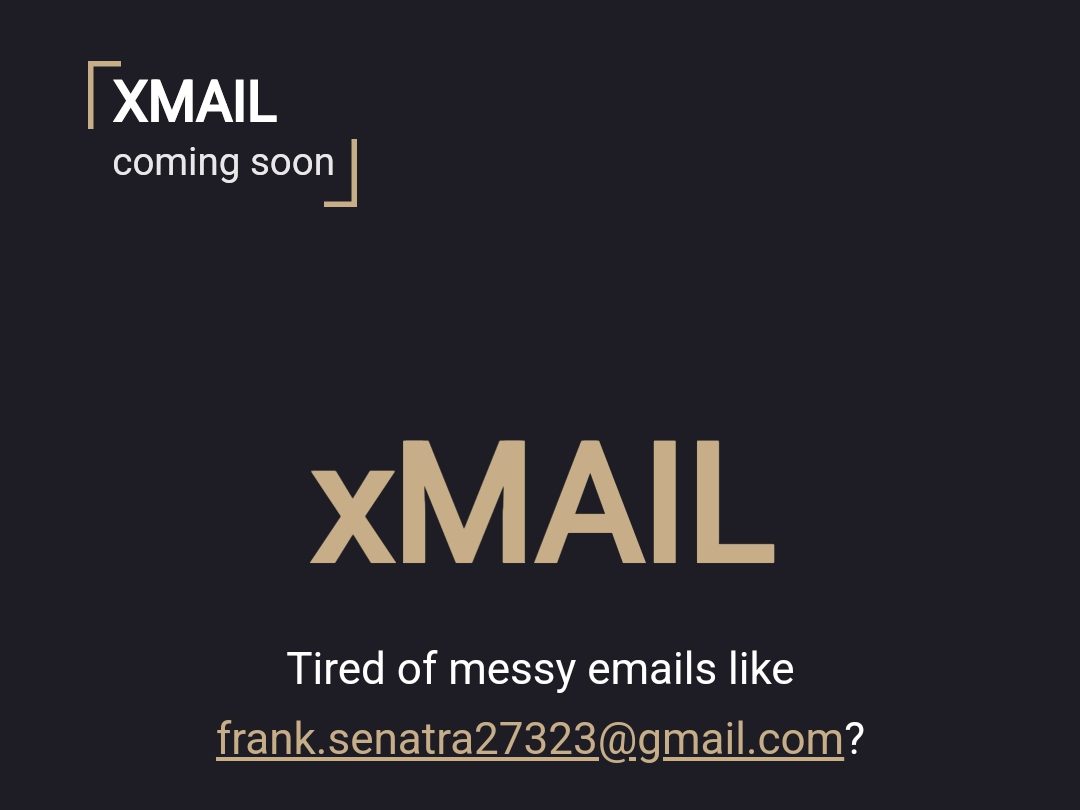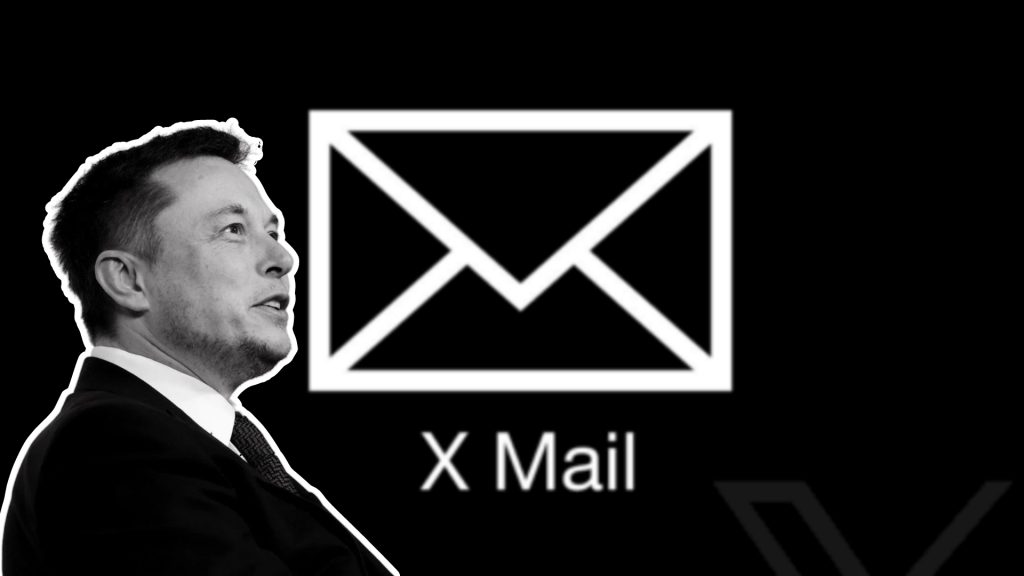Elon Musk, the billionaire entrepreneur known for his ventures in space travel and electric vehicles, is set to launch a new email service called Xmail. This initiative is part of Musk’s broader vision to transform his social media platform, X (formerly Twitter), into an “everything app,” similar to China’s WeChat.
Xmail: Elon Musk’s Ambitious Email Service Launching Soon
With the anticipated launch of Xmail, Musk aims to directly compete with established email giants like Gmail, Outlook, and Yahoo Mail.
What is Xmail?
Xmail is expected to be an integrated email service within the X ecosystem, allowing users to send and receive emails without leaving the platform. This integration aligns with Musk’s goal of creating a seamless user experience that combines social networking, messaging, and financial transactions all in one place.
While specific features of Xmail remain under wraps, several key aspects have emerged based on Musk’s comments and industry speculation:
- DM-Style Interface: One of the most talked-about features is a direct messaging (DM)-style inbox. This design aims to simplify the email experience by presenting emails in a more conversational format, akin to text messages. This could eliminate the clutter commonly associated with traditional email platforms.
- Privacy-Centric Features: Given Musk’s vocal criticism of data privacy practices among major tech companies, Xmail is likely to emphasize user privacy. Potential features may include end-to-end encryption and a subscription-based model that reduces reliance on targeted advertising.
- AI Integration: Leveraging advancements in artificial intelligence, Xmail could incorporate intelligent sorting, predictive replies, and advanced spam filtering to enhance user experience and efficiency.
- Enhanced Security: In response to growing concerns about digital surveillance, Xmail may prioritize security measures that protect user data more effectively than traditional email services.
The Everything App Vision
Musk’s ambition for X extends beyond just email; he envisions a comprehensive platform where users can manage various aspects of their digital lives from a single application. The integration of Xmail would allow users to transition seamlessly between email, messaging, payments, and other services without needing multiple apps.
This concept mirrors successful platforms like WeChat in China, which combines messaging, social media, and payment functionalities into one cohesive service. By introducing Xmail, Musk hopes to create a similar all-in-one solution that enhances user retention and engagement on the platform.
Xmail vs. Gmail: The Competitive Landscape
Gmail currently dominates the email market with over 1.8 billion users worldwide. Competing against such an established player poses significant challenges for Xmail. However, Musk’s reputation for innovation could help carve out a niche for this new service. Here are some potential differentiators:
- Simplicity: The proposed DM-style interface could attract users frustrated with Gmail’s complex layout and formatting options.
- Focus on Privacy: By prioritizing privacy and security features that are often criticized in existing platforms like Gmail, Xmail could appeal to a growing demographic concerned about data protection.
- Unified Experience: The ability to manage emails alongside other communication tools within the same app could provide a compelling reason for users to switch from traditional email services.
Challenges Ahead
Despite its promising features, Xmail will face considerable hurdles:
- User Trust: Building trust among users who have been using established services like Gmail for years will be crucial. Users will need assurance regarding data security and reliability.
- Feature Parity: Gmail offers advanced functionalities such as seamless integration with Google Workspace tools (Docs, Sheets), robust search capabilities, and extensive third-party app integrations. Matching or exceeding these features will be essential for Xmail’s success.
- Market Saturation: The email market is saturated with options that have long-standing user bases. Convincing users to migrate from their current providers will require significant marketing efforts and incentives.

Public Response
As discussions around Elon Musk’s upcoming email service, Xmail, intensify, reactions from the tech community and general public have been varied and dynamic. The announcement has sparked a mix of excitement, skepticism, and humor across social media platforms.
Many users express enthusiasm about the potential for Xmail to disrupt the email market, with some supporters arguing that if Musk can revolutionize transportation with Tesla and space travel with SpaceX, he can certainly innovate in the email sector as well. Comments like “Having an @x.com email address is the only thing that can stop me from using Gmail!” reflect this optimism.
However, others are less convinced, with statements such as “Nobody throwing out their Gmail accounts for an X email service lol,” indicating a reluctance to abandon established platforms for a newcomer.
Conclusion
As anticipation builds for the launch of Xmail later this month, all eyes are on Elon Musk and his team at X. If successful, this new email service could mark a significant shift in how users interact with their digital communications. With its focus on simplicity, privacy, and integration within a broader ecosystem, Xmail has the potential to disrupt the email landscape—though it will need to overcome substantial challenges in doing so.
For now, tech enthusiasts and potential users await further announcements regarding specific features and an official launch date as Musk continues his quest to redefine communication through technology.

